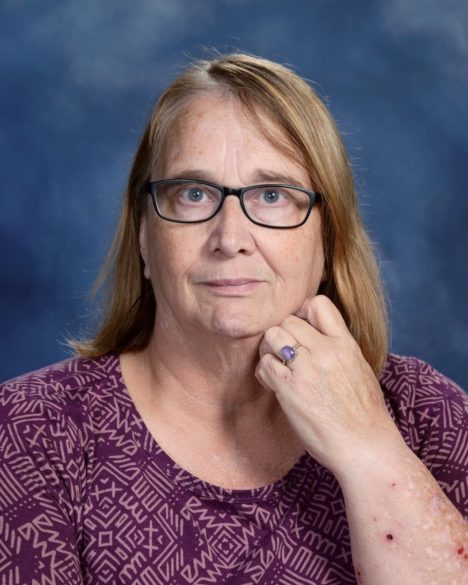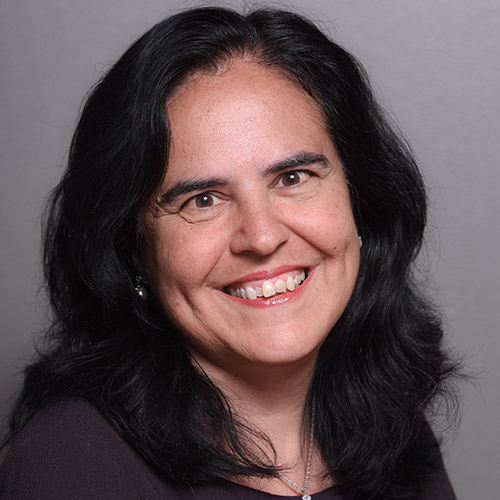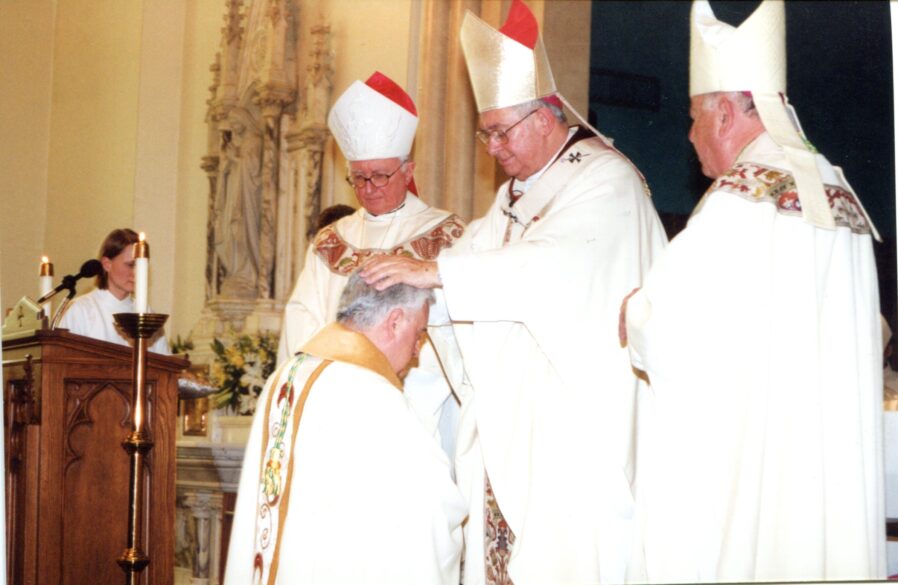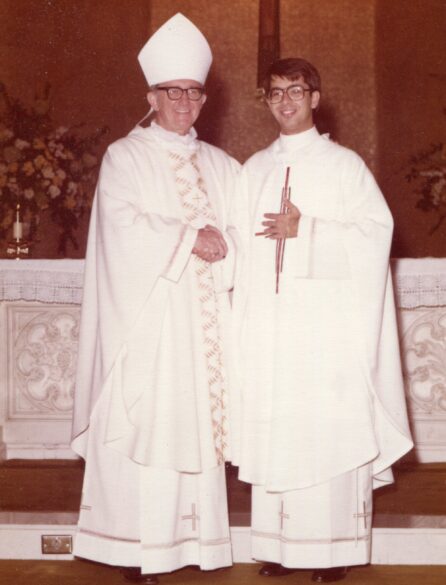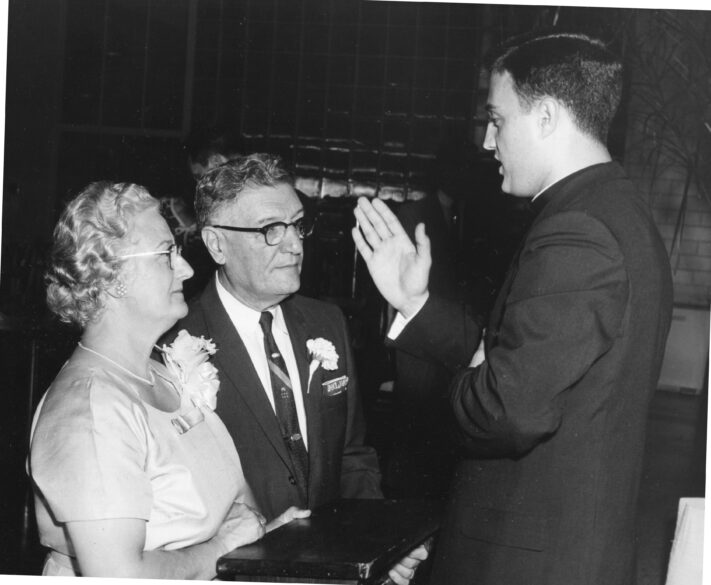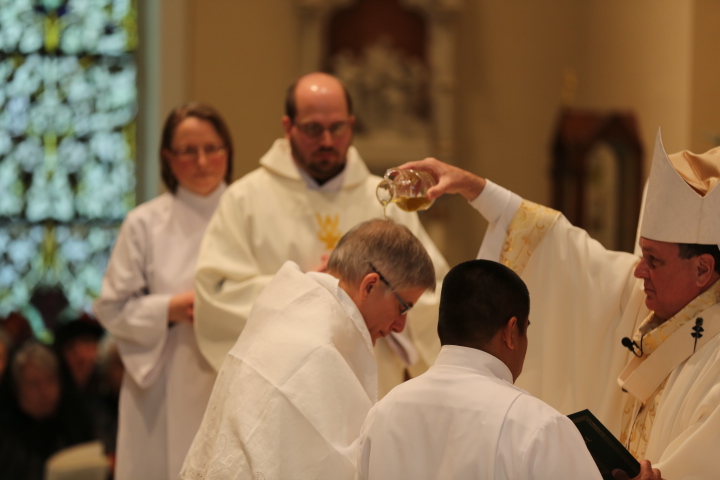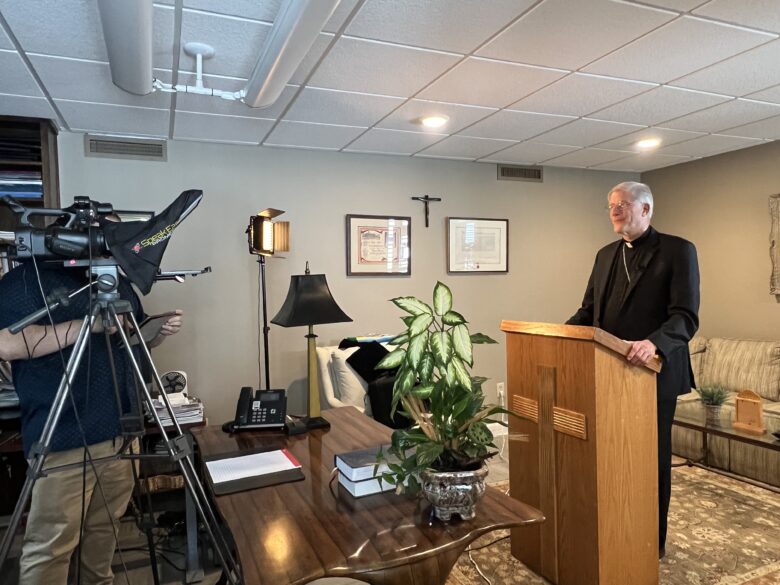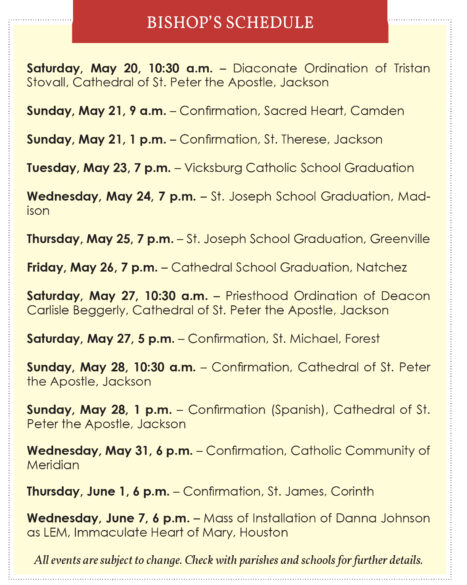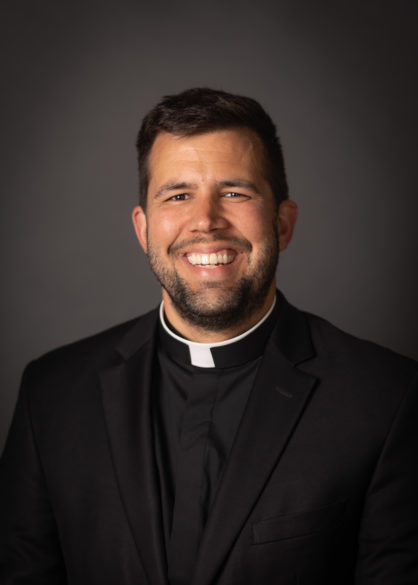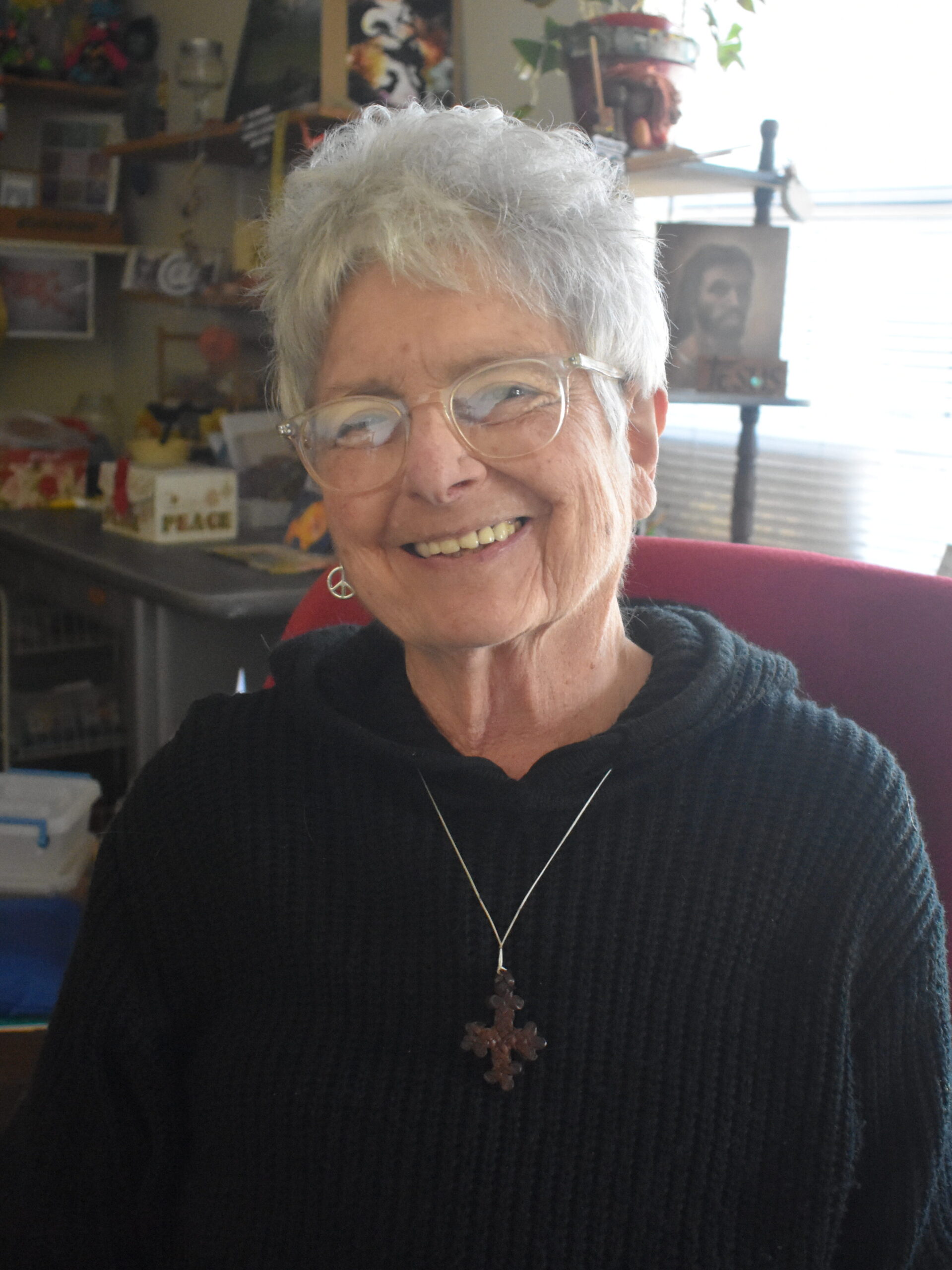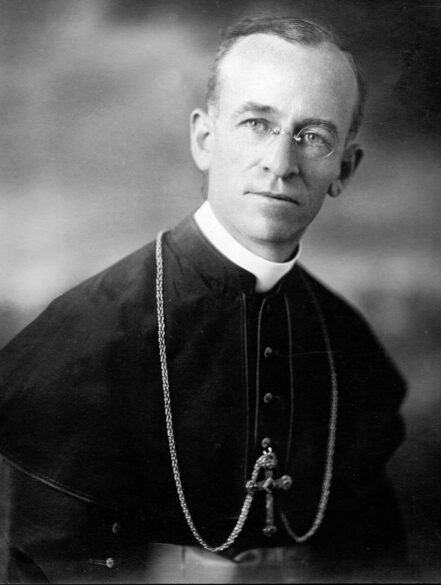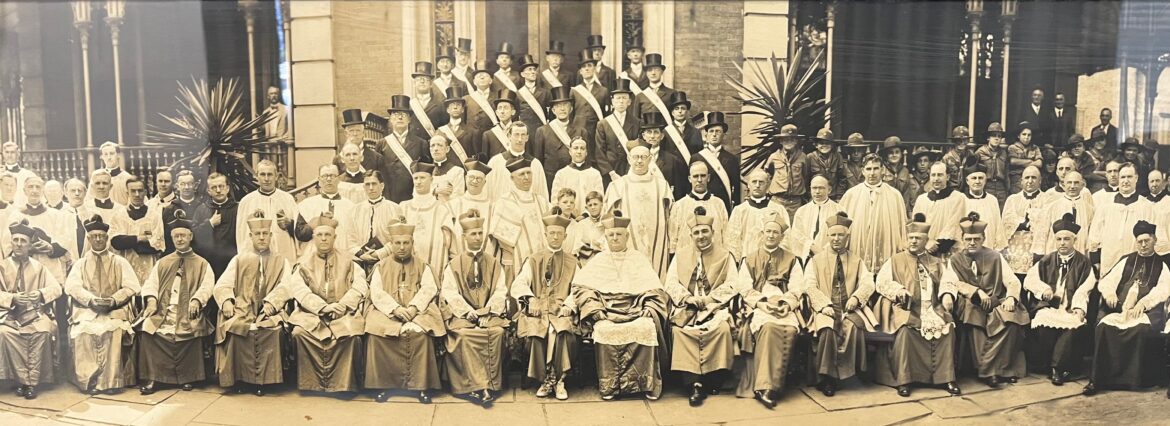IN EXILE
By Father Ron Rolheiser, OMI
Elizabeth Poreba ends a poem, No Good Company, with these words:
I’ve got no banter,
I’m all judgement and edges, an edgy white lady
Wondering what to do, what to do next
As in Jesus is coming, look busy.
At the wedding feast in Cana, Mary tells Jesus – they have no wine – asking him to create some. What do wine and banter have in common? Both bring a needed extra into our lives.
Let’s start with wine. Wine is not a protein, something the body needs to be nourished and kept alive, part of an essential diet. It’s an extra that provides something special for one’s health. Taken with the right spirit and in moderation, wine can help lift the mood, lighten the heart and warm the conversation, even as it helps (at least for the moment) lessen some of the tensions among us. It’s a grease that can help make a conversation, a family dinner or a social gathering flow more pleasantly.
Banter? Well, like wine, if taken with the right spirit and in moderation, it can also lift the mood, lighten the heart, warm a conversation and lessen tensions at a gathering. Classical Greek thought suggested that love has six components: Eros – emotional and sexual attraction; mania – emotional obsession; asteismos – playfulness and banter; storge – care and solicitousness; pragma – practical arrangement and accommodation; philia – friendship; and agape – altruism.

Normally, when we think of love, we think of each of these components, except the aspect of banter and playfulness. Our romantic selves identify love very much with emotional obsession and sexual attraction. Our religious and moral selves identify love with care, friendship and altruism; and our pragmatic selves identify it with practical arrangement. Few speak of the place and importance of banter or playfulness, of healthy teasing, of humor, but these are often the grease that keeps the others flowing more smoothly.
Here’s an example: For all my adult life, I’ve lived in various religious houses, in community with other vowed religious (in my case, men). We don’t get to pick with whom we live, but are assigned to a community, along with everyone else who lives there. And we come together with our different backgrounds, different personalities and different eccentricities. This can be a formula for tension and yet, for the most part, it works, is pleasant and provides life-giving support and fellowship. What makes it work? Why don’t we end up killing each other? How do we live (for the most part) pleasantly together beyond our differences, immaturities and egos?
Well, there’s a common mission that keeps us working together and, most importantly, there’s regular common prayer that helps us see each other in a better light. But, very importantly, there is banter, playfulness, healthy teasing and humor which, like wine at a table, help take the edge off things and ease the tension inherent in our differences. A community that doesn’t stay light-hearted through banter, playfulness and healthy teasing will eventually become everything that light-hearted is not, namely, heavy, drab, full of tension and pompous. In every healthy community I’ve lived in, one of the things that made it healthy (and pleasant to come home to) was banter, playfulness, loving teasing and humor. These are rich wines that can enliven the table of any family and any community.
This, of course, like drinking wine, can be overdone and be a way of avoiding harder conversations that need to be had. As well, banter can keep us relating to each other in ways that actually hinder genuine community. Humor, banter, the jokester and the prankster need to know when enough is enough and when serious conversation needs to happen. The risk of overdoing banter is real, though perhaps the greater risk lies in trying to live together in its absence.
Banter, playfulness, loving teasing and humor don’t just help us relate to each other beyond our differences, they also help deflate the pomposity that is invariably the child of over-seriousness. They help keep our families and communities grounded and pleasant.
I grew up in a large family, with each of us having strong personalities and plenty of faults; yet save for very few occasions, our house, which was physically too small for so large a family, was pleasant to be in because it was perennially filled with banter, playfulness, humor and healthy teasing. We seldom had wine, but we had banter! When I look back on what my family gave me, I am deeply grateful for many gifts: faith, love, safety, trust, support, education, moderation and moral sensitivity. But it also taught me banter, playfulness, healthy teasing and humor. No small gift.
At the wedding feast in Cana, Jesus’ mother noticed that, even though a wedding celebration was happening, something wasn’t right. Was it a heaviness? An over-seriousness? Was it an unhealthy pomposity? Was there a noticeable tension in the room? Whatever. Something was missing, so she goes to Jesus and says: “Son, they have no banter!”
(Oblate Father Ron Rolheiser is a theologian, teacher and award-winning author. He can be contacted through his website www.ronrolheiser.com.)

